‘All kinds of fermentation beverages start out with just some sugar solution,’ said Professor Ursula Bond, a molecular biologist at Trinity College Dublin, Ireland. ‘The yeast converts those sugars into alcohol.’
Whether it’s grape juice or liquid malt, yeast is essential in converting sugary liquids into alcohol, to produce the final beverages of wine and beer. It also plays a big role in taste and not just from the alcohol point-of-view – the microorganisms also produce molecules during the fermentation process which create unique flavours like banana, apple, butterscotch or clove.
‘There is always a desire for new varieties. That’s why the craft beer industry has become so popular,’ said Prof. Bond who is also the coordinator of Aromagenesis, a project looking at yeast genes to extract even more flavours for beer and wine.
‘The best way to do that is by natural selection,’ she added.
For tens of thousands of years humans have been manipulating evolution by domesticating the natural world to extract the most desired traits from organisms, such as plants with higher yields or drought resistance. The Aromagenesis project hopes to use and accelerate this process, but for new and improved flavours.
‘We want to introduce mutations naturally into yeast and we can do that by stressing and heating cells,’ said Prof. Bond. ‘Then we let them adapt to certain conditions to see which ones survive the best.’
They will use a technique called thermal stress adaptive evolution. It works by putting yeasts with promising taste profiles under heat stress which can recreate the conditions for natural selection, but for specific traits – in this case different flavours – and in a much shorter time span.
The project’s thermal experiments will also recreate some of the pressure that yeasts go through in the fermentation process, from lack of oxygen to different concentrations of sugar. This will ensure they can tolerate commercial brewing and allow their industry partners to scale up the most successful flavours into new drinks.
‘The approach is to try do things naturally rather than going down the route of genetic modification which is not acceptable at the moment to the consumer,’ said Prof. Bond.
Despite this, genetic modification is still a useful tool to reveal new flavours. Elsewhere in the project they are using CRISPR, a genome-editing technique, to deconstruct and better understand which genes in yeast produce specific flavours. This can identify key flavour-producing genes and provide a roadmap for the researchers to follow to get there using their accelerated evolution and breeding techniques – but in a more natural way that would be accepted by the general public.

‘The approach is to try do things naturally rather than going down the route of genetic modification, which is not acceptable at the moment to the consumer.’
Prof. Ursula Bond, Trinity College, Dublin, Ireland

Consumers
According to Dr David Peris Navarro, a microbiologist from the Institute of Agrochemistry and Food Technology (IATA-CSIC) in Spain, genetically-modified organisms (GMOs) and techniques could help the alcohol industry adapt quicker to challenging market trends, but they are not accepted by consumers because of concerns about their health and environmental impact.
European demand for wine is decreasing, he says, because of stricter drink-driving laws, and global competition and a move in society towards healthier lifestyles where alcohol is consumed less.
This is bad news for European countries with huge wine industries – like France, Italy and Spain – because decreased consumption could lead to weaker rural economics and higher unemployment in these agricultural regions.
‘You have global competition and you want your piece of the cake, but that cake is decreasing,’ said Dr Peris.
In response, Dr Peris says the European wine industry wants to keep producing the same quantity, but with less alcohol content. He adds that GMO techniques could help create the yeasts to provide the non-alcoholic answer, but the industry’s hands are tied because consumer and policy trends are against them.
Dr Peris was the principal researcher for Mitogression, a project looking for new non-GMO ways of improving yeasts for wine fermentation that could also be used for lower alcohol content in wine. His approach was based on using existing and wild yeasts which were supplied by people such as beer or wine enthusiasts.
They collected bark, leaves and soil from around cities, farms or forests before sending them to IATA-CSIC where they were processed in a laboratory to isolate and identify promising yeasts with favourable traits. This included producing less alcohol and better taste profiles or more resilience to fermentation. Dr Peris then worked to crossbreed the species together to create hybrids that combined several of the desired traits.
‘We are analysing the data to see if there is an impact in the aromatic profile of one gene or another – and if you can decrease the ethanol (alcohol content),’ said Dr Peris. ‘We use this diversity (of domesticated/wild yeasts) and put it all together in hybrids.’
Like Aromagenesis, Dr Peris still used GMO techniques to create a roadmap of what his selective breeding process should follow so he could obtain a similar desired outcome. The techniques still helped Mitogression speed up a process that Dr Peris says would otherwise take much longer and therefore cost a lot more.
By next year, Dr Peris hopes to have some commercial non-GMO yeasts that could help the European wine industry create new products with an even better taste, but with less alcohol.
The research in this article was funded by the EU. If you liked this article, please consider sharing it on social media.


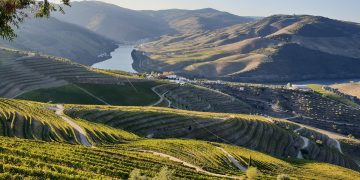
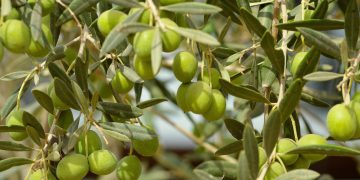

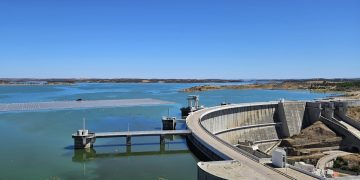



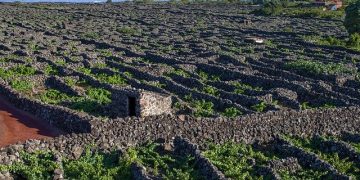






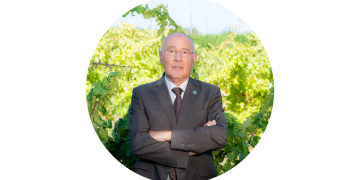





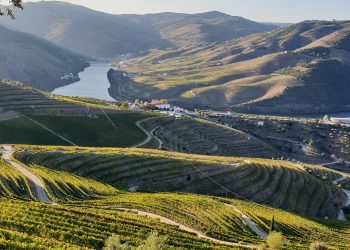







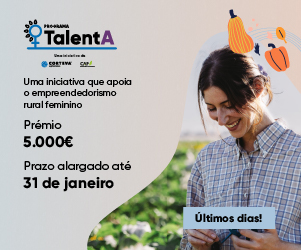




















Discussão sobre este post